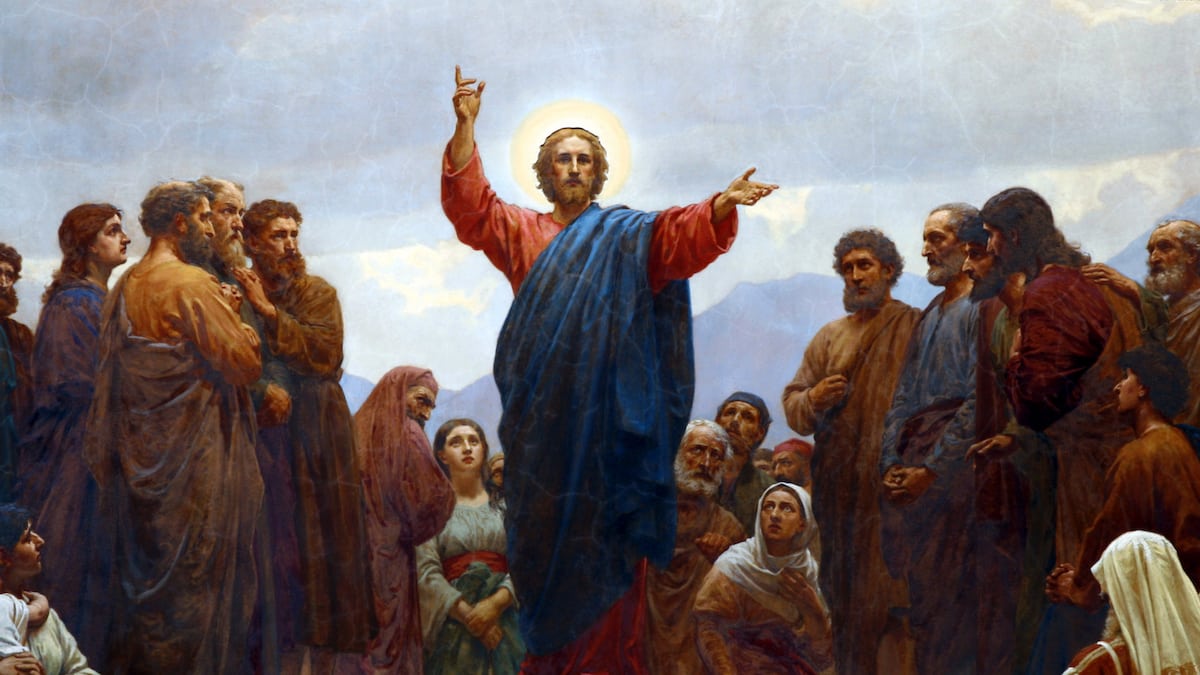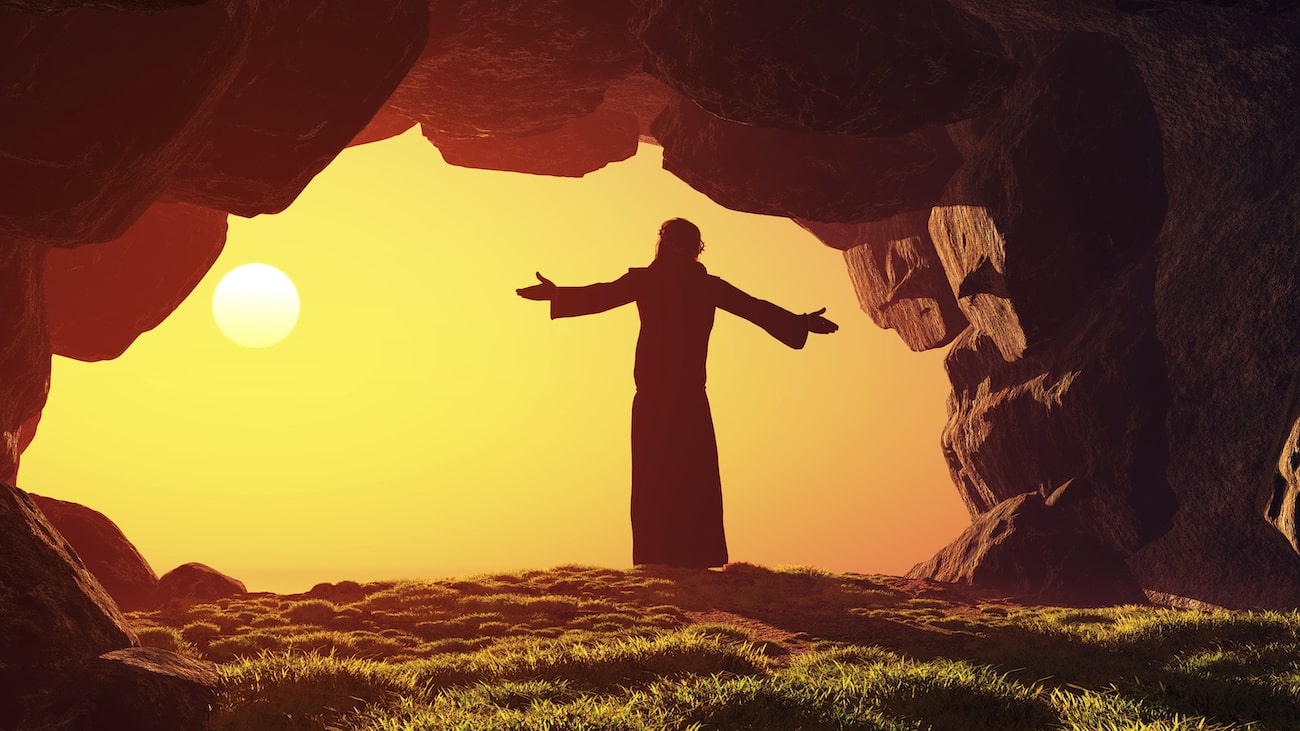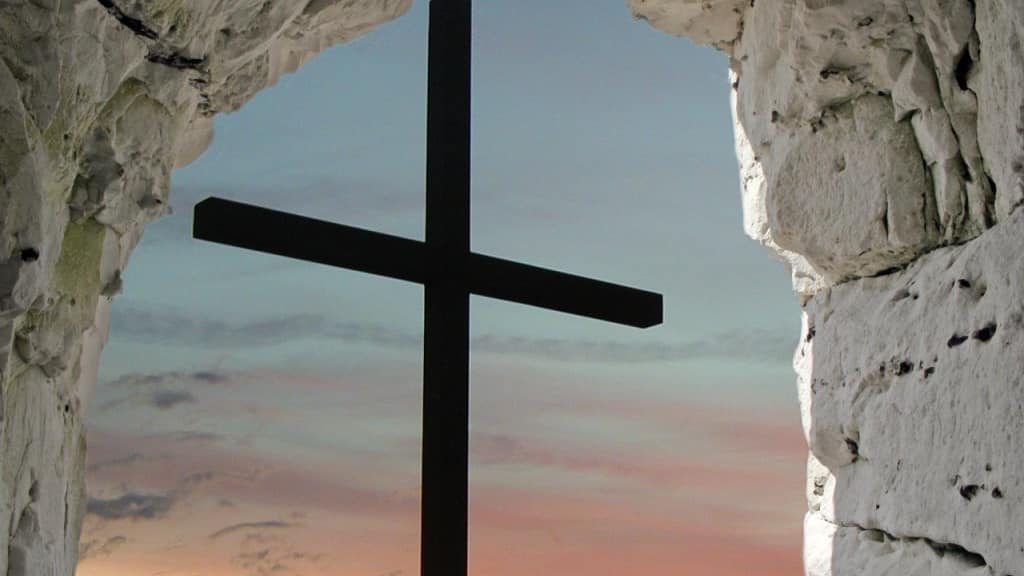Nobody would ever ask us point blank: “How was your Easter celebration last year?” People ask us how we are doing; who won the game last night; if we know how the weather is going to be this weekend, etc. The only one who could ask us about last year’s Easter celebration would be our spiritual director or a priest that cares deeply about us. Based on my personal inaction, I dare to say that our reply might have to be an honest, humble admission of many grace-filled opportunities missed. And, of course, the reply would be the same for about all preceding Easter celebrations.
I submit to you, today, Easter Sunday 2017, that the fool-proof difference would be made by a tiny verb, the verb IS! Personally, since my close brush with death in 1996, I decided that a genuine Christian cannot afford to speak of Jesus as one who once was; one from the past mentioned prominently in the gospels; one whose sayings, teachings, deeds we can simply read about and retell in our churches.Christ, for me and for each one of you IS.
- Christ is risen, now.
- Christ is alive, now.
- Christ is speaking, teaching, healing, encouraging, forgiving, now.
- Christ is present now.
- Christ is giving up his life for me, and for you, and for you, for you, too, NOW.
- Christ is glorified, ascended into heaven, seated at the right hand of the Father NOW ….with me, with you; one with his fully alive, functioning Body, i.e. one with all of us.
Evidently, that little verb “IS” did not affect our past Easters; at least not in a significant way.
Our Easter readings, as always for that matter, are about people, real people whose lives were completely turned upside down by the Resurrection of Christ and keep being affected and sustained by it for as long as there is willing cooperation with the grace that he won for all within that Body.
The Apostles first of all: imagine the embarrassment of having to mull over their cowardice as they sat in trepidation in the upper room, behind locked doors and had time to think of their Spirit-enriched days with Jesus. Imagine also how his words of life caused their hearts to burn uncontrollably. Finally, think of the sharp pain of remembering their broken promises of loyalty and courage…..all wiped away by a few moments of first degree fear. Oh, if only they could erase their shameful scurrying away!
And, of course, Peter, right in the middle of them all, reading in their eyes the echo of his bragging about being more loyal, more courageous, more reliable than the rest! A little slave girl brought him crashing down to the real world with its defeats and fears. As Peter points out to a crowd much larger than the one that scared him into denying his own master, they can bear bold witness to the Risen Christ because they have been jolted by his Spirit. (Acts 10: 34a, 37-43)
It is the Spirit that Jesus gave to all those who find in his Resurrection the only explanation for the most improbable, practically impossible transformation to take place again and again. The history of the Church is packed, wall to wall, with miracles of heroism, self-immolation, indomitable courage before the certain prospect of death in people that were, are, will be, humanly speaking, at the level of Peter and the other disciples.
Today, it is our turn to peek inside the empty tombs of our lives and find in the Resurrection of Christ, in his Spirit, the only explanation for improbable miracles for which we ought to be grateful. Or, today, we might have to be bolder yet to let his Spirit lead us to visit tombs that are still sealed and hold inside a lot of sadness, hurts, fears and death.
Let me be quite specific, lest my vagueness might be construed as an excuse for celebrating this Easter, too, as the ones gone by. Let me mention five tombs in which we might have hidden parts of our lives and in which we might still be rotting away:
- The tomb of addiction to pornography which, if left unchecked, is poised to strip people of their God-given dignity and turn them into sex toys. It spoils the heart and could destroy even the strongest marriages. It is found in the same cemetery that holds the tombs of many other addictions like gambling, alcohol, drugs, speed and promiscuous, uncommitted sex.
- The tomb of self-centeredness and self-absorption has often annexed the second chamber of the need for recognition and praises. It attacks the very core of Jesus’ teachings about discipleship: to deny their very self before following him carrying their crosses. (Luke 9: 23). The stench of indifference clings to the walls of both chambers of this sepulcher.
- The tomb of anger and impatience that keeps people from recognizing the features of Christ in the least of their brothers and sisters. It leads to complaining, lashing out, criticizing rather than affirming, being grateful, patient and willing to wait.
- The tomb of self-pity that kills creativity and productivity. It keeps people from discovering God’s gifts to them and from moving forward with trust in his powerful presence.
- The tomb of wasting time in self-imposed isolation. Alas, this tomb holds the corpses of an ever-increasing number of promising young people. For hours on end their world shrinks to what a 3” x 5” gadget can hold. Their minds, hearts, eyes and thumbs are busy doing what amounts to a huge waste of time at the detriment of social skills and crucial direct interaction with other human beings and with the world around them.
What these tombs have in common is that they have sealed off the Resurrection and are fragmenting the Body of Christ, the Church.
This Easter can be remarkably different if we decide to run toward our still sealed tomb and embrace the prospect of freedom from our past, joy in the present and of hope for our future. However, for this miracle to occur we need to imitate the disciple whom Jesus loved. We ought to begin to truly love Jesus intensely. It is as simple as that.
The disciple whom Jesus loved was, humanly speaking, in no way superior to Peter, to Mary Magdalene, to the other disciples: he had simply learned to let Jesus love him and live most lovingly in the glow of that love. Slowly yet surely, we would feel the comfort of the Lord’s presence and we would bask in his love. Slowly yet surely, our fears would melt away and our trust in him would increase until our total abandonment in his hands would occur.
Then, we would run from our propped-open tomb, increasingly free, believe, and rejoice in the Resurrection, his and ours too!








